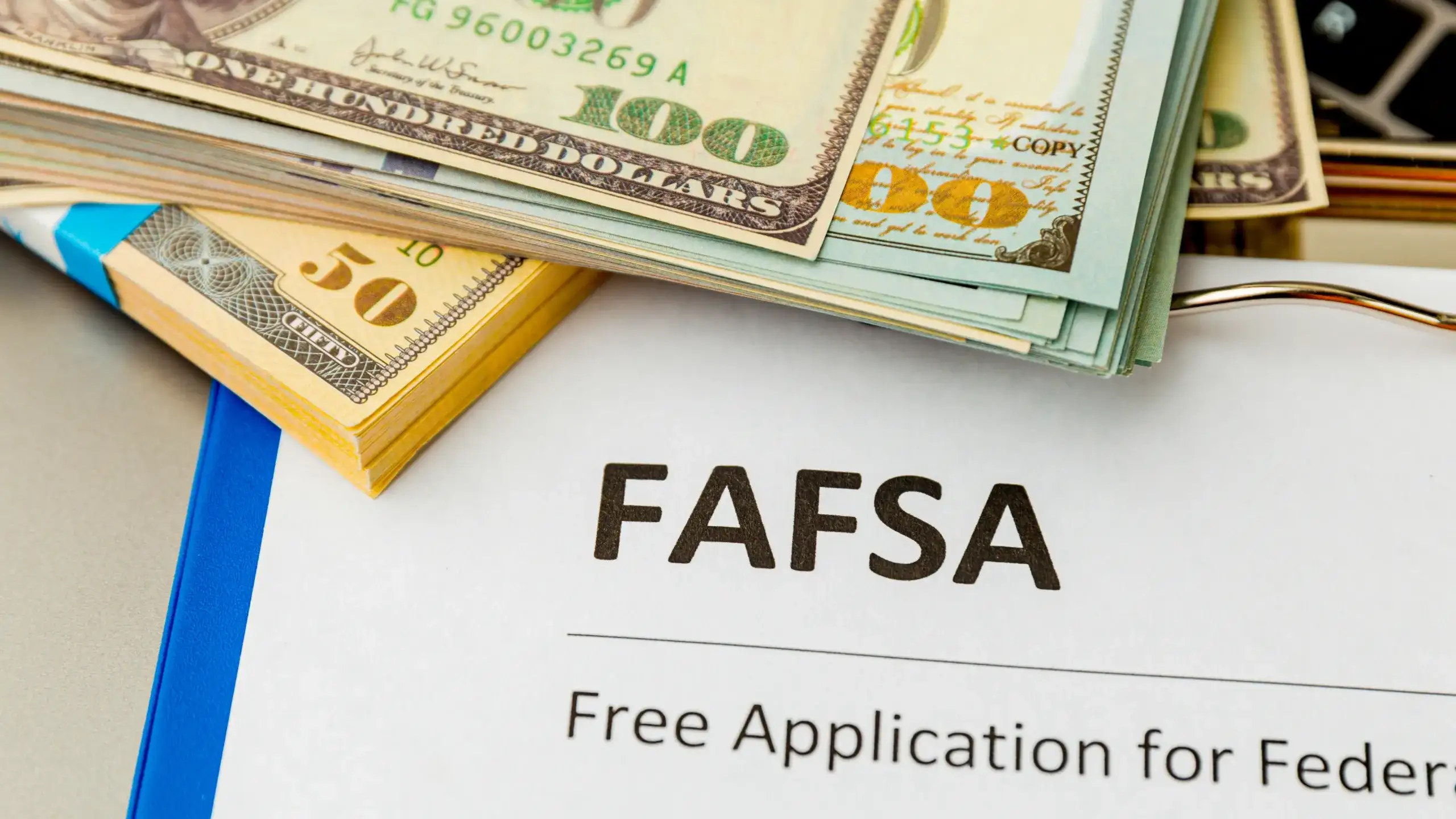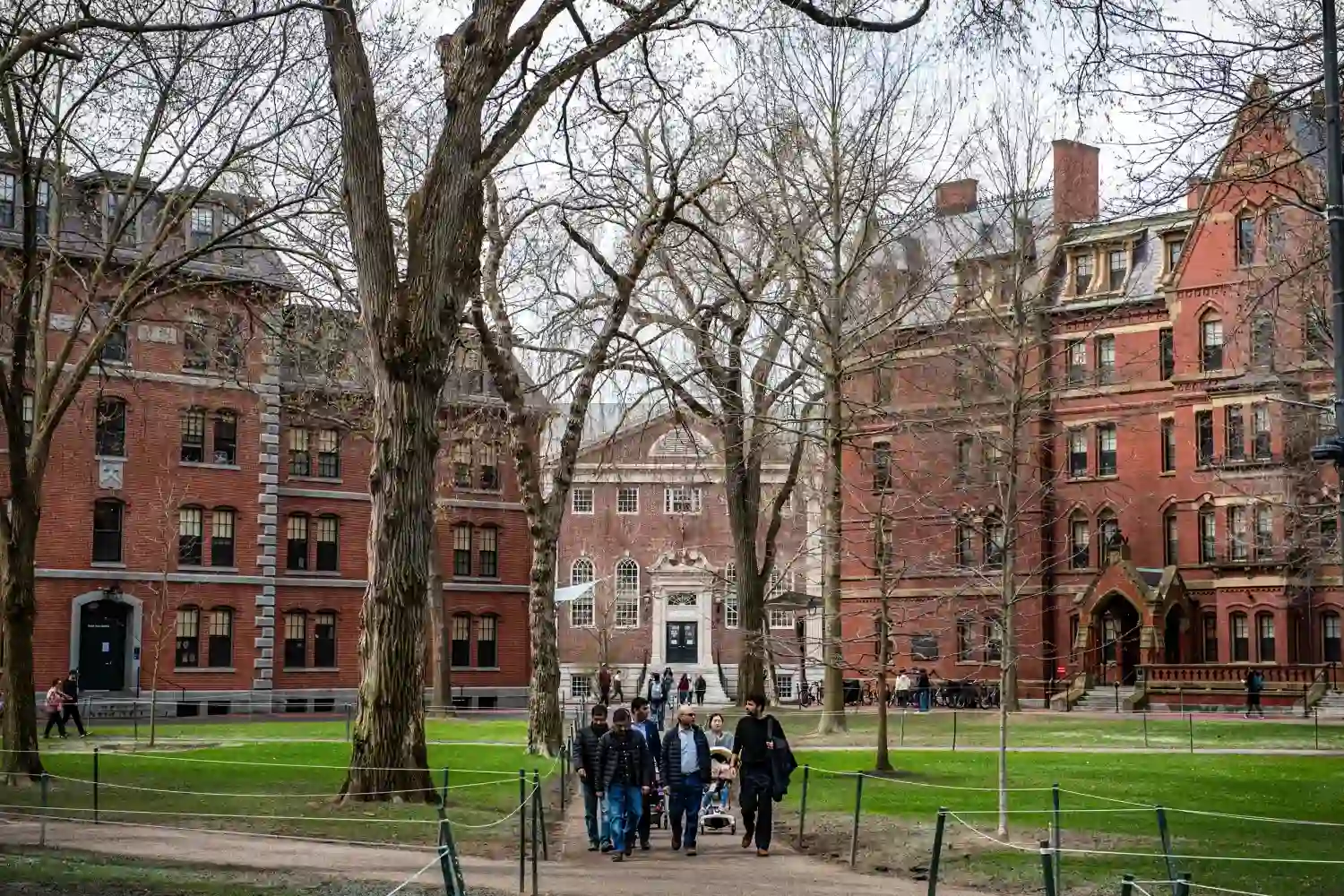The answer depends on the level of education, FAFSA does not cover private elementary or high schools, but it can be used at approved private colleges and universities.
Private K–12 students must rely on support from schools or state programs, while college students at accredited private colleges can receive federal aid. Knowing this difference helps families plan.
You can also review how to get financial aid for college to learn more about how the process works.
At CollegeCommit, we help families understand how FAFSA connects to the college process. FAFSA rules can feel confusing, but our goal is to make each step simple. We guide families so they know which forms matter most.
Table of Contents
ToggleKey Takeaways
- FAFSA does not apply to private K–12 schools but does apply to accredited private colleges and Title IV trade programs.
- Private high school families rely on school or state aid.
- Families should complete FAFSA and the CSS Profile when applying to private colleges.
- Submitting FAFSA early can lead to more grants and better aid offers.
- CollegeCommit guides families through both admissions and financial planning.
FAFSA Coverage Overview
FAFSA only applies to accredited postsecondary programs. It does not cover private K–12 school tuition. College students may use FAFSA if the institution is Title IV approved.
Sources
Disclosures
“Alternative Aid Options” are examples and vary by school and state. Availability of state grants and employer support depends on local programs and employer policies. Use NCES College Navigator and school financial aid pages to verify current Title IV status and institutional offerings.
FAFSA and Financial Aid for Private Schools
FAFSA does not pay for private high school tuition. Families must look for private school financial aid through grants, merit awards, or other school-based support. Each financial aid office sets its own rules and forms.
Many school offers lower tuition with grants or merit aid. These are separate from the application for federal student aid. Families can also explore outside aid packages from nonprofits or community groups.

How to Maximize Private School Aid
- Contact the school early.
- Send all required forms.
- Ask about aid programs and outside awards.
- Compare costs and offers.
Some states, including California and Texas, offer scholarships for private K–12 tuition. These programs are not part of FAFSA and must be requested separately.
FAFSA for Private Colleges
Yes, does FAFSA covers private colleges is a simple question. FAFSA does apply to accredited private colleges and universities.
When families apply for financial aid, the Free Application for Federal Aid determines eligibility for grants, loans, and work-study. Colleges also use their own funds to offer financial aid for private colleges as part of the full package.
Aid at private colleges depends on the school’s cost of attendance, the student’s need, and merit factors. These financial aid awards often include grants, scholarships, and work-study jobs.

Steps in the Financial Aid Process
- Submit FAFSA to each school.
- Review the Student Aid Report.
- Compare offers during Early Action, Early Decision, or Regular Decision.
CSS Profile and Institutional Aid
Families should complete FAFSA and the CSS Profile when they open in October. FAFSA reviews federal aid, while the CSS Profile reviews school-based aid. Both forms help students access more support.
Many private colleges require the CSS Profile for their own grants. At CollegeCommit, we help families complete each financial aid application with care and accuracy. We don’t just advise – we engineer your child’s admissions edge.
Schools That Accept FAFSA
Only Title IV institutions can use federal aid. Families should check the official list of FAFSA-approved schools before applying.
FAFSA-Eligible Trade and Technical Schools
Some trade schools also accept federal aid. Students can use FAFSA funds to pay for private program costs, tools, or courses. Schools can confirm eligibility through their financial aid office.
Special and Hybrid Cases
Some dual-enrollment programs allow FAFSA to cover the college-level part of the coursework. Each program has different rules. Private high schools that partner with colleges may allow FAFSA to pay for college credits, not high school tuition.
How to Apply for FAFSA and Avoid Mistakes
The FAFSA is free to complete. Many families make errors, such as missing deadlines or leaving out details. Preparing documents early can help avoid delays.
Required Documents and Key Deadlines
- Social Security or Alien Registration numbers
- Tax returns and W-2s
- Bank statements
- A list of colleges
Common FAFSA Mistakes
Missing deadlines or adding too few schools is the biggest problem. Every financial aid office uses FAFSA data to build aid packages, so accuracy is important. When applying for federal student aid, FAFSA, make sure all details match IRS records.
Students can also review how many years they can get financial aid for long-term planning.
Planning with Expert Guidance
At CollegeCommit, we support students in grades 8–12 with admissions and financial planning. We work 100% remotely with families across the country and around the world.
Students work with one main consultant and specialized mentors for essays, interviews, and academics. We teach students how to use the Common App’s 650-word essay limit with strong writing that is fully their own.
Ready to transform uncertainty into opportunity? Join our upcoming cohort at CollegeCommit: Where Preparation Becomes Placement.
Quick Answers About FAFSA and Private Schools
How Do I Get My Child Into Private School for Free?
Private groups, nonprofits, and religious schools often offer scholarships for school students. These awards are separate from FAFSA. Families can see how much a scholarship covers to understand the impact.
Does Financial Aid Cover Private Schools Fully?
Most of the time, no. Families use several aid programs to manage private tuition. For colleges, FAFSA helps eligible students receive federal support.
Can homeschool students use FAFSA?
Yes, if they attend an eligible college or program.
Can international students use FAFSA?
International students generally cannot use FAFSA because it’s a federal program for U.S. citizens and eligible non-citizens, such as permanent residents or refugees.
If you’re an international student, you can still:
-
Apply for school-based aid or merit scholarships offered directly by colleges.
-
Explore private scholarships open to non-U.S. citizens.
-
Check if your home country provides grants or sponsorships for studying abroad.
Some universities also require the CSS Profile or their own financial aid forms to assess your need.


